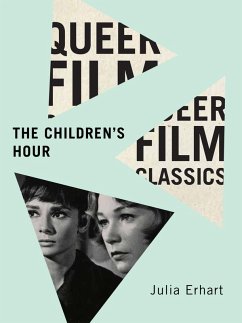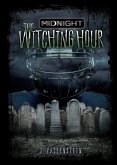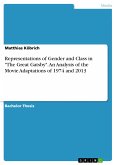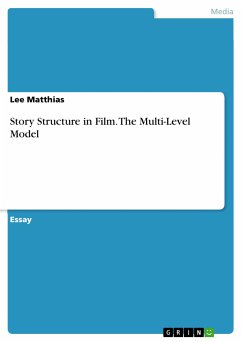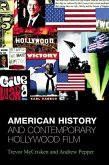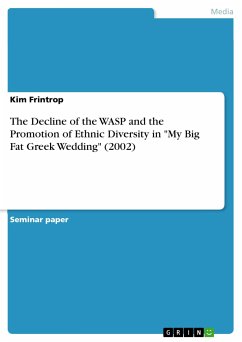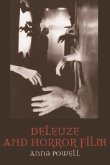The director, William Wyler, lobbied hard to get the film made after an earlier straight-washed version in 1936. The tense road to production included debates about whether to eliminate mentions of lesbianism from the script and how implicitly queer subject matter might conflict with the Production Code, by then weakened but still in force. Julia Erhart's reading of the film's conception, production, and reception advances a nuanced case of censorship as a productive force. While contests between Hellman and Wyler suppressed scenes of overt affection between main characters Karen and Martha, reception was comparatively fixated on the characters' lesbianism: it threatened middlebrow movie critics in the mainstream press and resonated with queer audiences. Erhart's attentive interpretation of both the script and the sonic landscape yields a detailed analysis of the soundtrack as an original pro-lesbian element.
As issues of queer censorship continue to permeate life and culture more than fifty years later, Erhart demonstrates that The Children's Hour is as salient to social and political tensions around gender and sexuality today as it was in the 1960s.
Dieser Download kann aus rechtlichen Gründen nur mit Rechnungsadresse in A, B, BG, CY, CZ, D, DK, EW, E, FIN, F, GR, HR, H, IRL, I, LT, L, LR, M, NL, PL, P, R, S, SLO, SK ausgeliefert werden.

